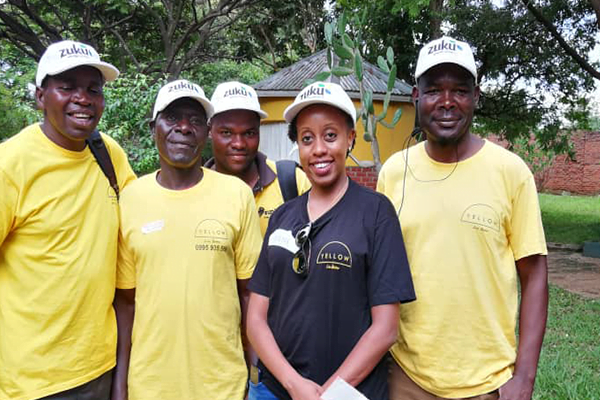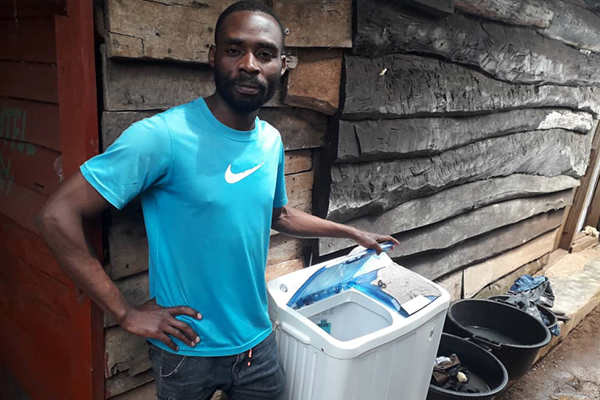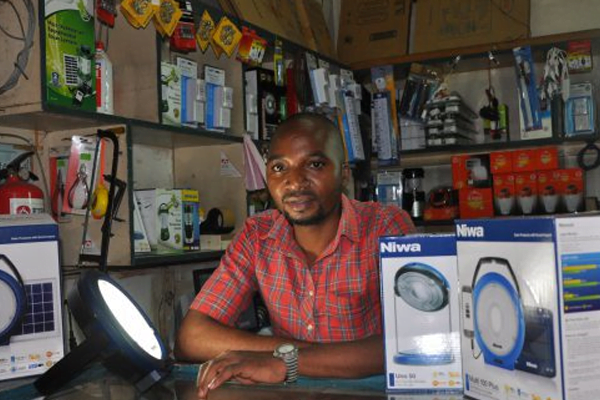Persons with disabilities are often under-represented in the workforce. Prejudice continues to limit understanding and acceptance of disability in workplaces everywhere. Article 27 of the UN Convention on the Rights of Persons with Disabilities recognises the right of persons with disabilities to work on an equal basis with others; this includes the right to the opportunity to gain a living by work freely chosen or accepted in a labour market and work environment that is open, inclusive, and accessible to persons with disabilities.
African Clean Energy (ACE) intentionally provides inclusive employment opportunities for persons with disabilities as they deliver decentralised access to sustainable energy for rural households in Sub-Saharan Africa and Southeast Asia through the manufacture and distribution of a proprietary product, the ACE One cookstove. The new ACE One cookstove has a built-in microprocessor, which allows it to communicate with smartphones. The cookstoves are sold in a bundle with smart phones that have the ACE app pre-installed and also comes with a light and phone charging port.
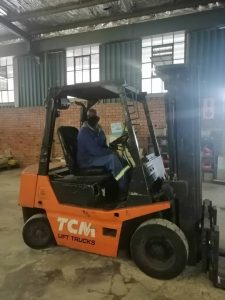
ACE’s first production factory was established in 2011 in Lesotho. Sello Hlaoli is a warehouse assistant and forklift operator at ACE Lesotho. Sello’s role entails helping in the registration and issuance of components to production and receiving the finished products back into the warehouse. He also ensures all stock is well organised and moves around and packs components and stoves using the forklift. ‘I joined ACE in 2014, and I love working here because the environment is welcoming and friendly.’ Sello has spastic cerebral palsy.
ACE believed in me and gave me an opportunity to work and earn income. I can feed my family and pay school fees for my 10-year-old daughter.
Moratua Manthatisi Raliete is a mother of two and works as a technician at the factory. Moratua is deaf and communicates with her colleagues in basic sign language which they have all learnt from interacting with her. Her role is to assemble and repair the ACE One stove. Prior to joining ACE, Moratua was unemployed.
My husband is a carpenter, and he is also deaf. I am glad to be working and contributing to our household income to take care of our children. I am able to buy clothes, food and cover our transport costs.
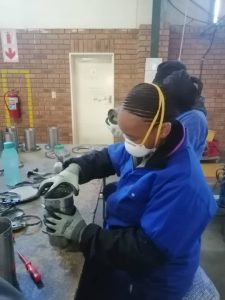
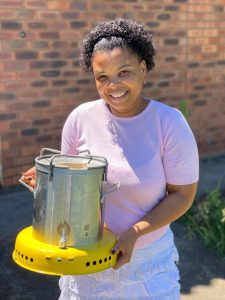
Rethabile Mafura, Country Director of ACE in Lesotho emphasised that their work culture is based on teamwork, harmony, unity and being each other’s keeper.
We have some of the most intelligent staff here with an amazing attention to detail. Each and every one of the team members has an important role to fill, without which we are not able to achieve our targets. We appreciate each other for who we are.
Judith Joan Walker, COO at ACE passionately spoke on how the enterprise is intentional on inclusive employment opportunities,
We actively push for giving employment opportunities to people living with disability with a target to maintain 10% persons with disabilities globally. It's challenging, I think we have fallen behind on that a little now, but we really want to make space in the company for people who struggle to get work in the regions we operate.
So far ACE has employed five persons with disabilities, as they work towards their target of 10%.
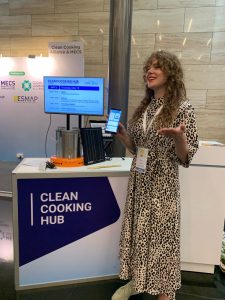
ACE has sold over 70,000 stoves impacting 350,000 people, distributed 1,250+ smart phones and has created employment for nearly 250 people in Sub-Saharan and Southeast Asia. Their employees are 50% women, including 49% of management. ACE’s project with EEP Africa launched a new pay-as-you-go (PAYG) cooking solution in Lesotho, exceeding their targets of 2,500 stoves sold. This project also created 22 jobs, 12 for women.
African Clean Energy is a grantee of the Environment and Energy Partnership, a Trust Fund that provides catalytic financing to innovative clean energy projects in East and Southern Africa.
Building an Inclusive Approach to Energy Access
Maya Khonje-Stewart, co-founder & COO of Yellow: SHS distributor in Malawi...
Island Mini-grid Powers Local Businesses
Local entreprenuers on Kitobo Island highlight opportunities from Absolute Energy's mini-grid...
Achieving Last Mile Distribution through Local Entrepreneurs
Sollatek Electronics reaches last-mile customers in Kenya through local entrepreneurs...



